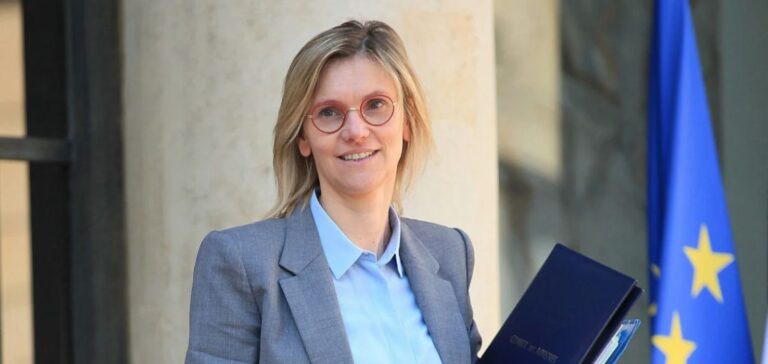French Minister of Ecological Transition and Energy Agnès Pannier-Runacher has reiterated the importance of maintaining the phase-out of fossil fuels as an international priority. This statement comes as COP29, held in Baku, struggles to find consensus on decisive climate measures.
In an interview with Les Échos, the minister emphasized that this objective, affirmed during COP28 in Dubai, now appears sidelined in current discussions. The negotiations in Baku, scheduled to run through Friday, are more focused on financing North-South climate aid, a topic that Ms. Pannier-Runacher considers intrinsically linked to the energy transition.
An Energy Transition Hampered by a Lack of Financial Agreements
According to the minister, financing for the ecological transition should not be limited to one-time contributions from developed countries. She advocates for a deep reform of global finance, supported by international tax mechanisms. This proposal is part of a French-led initiative aiming to mobilize billions of dollars to assist developing countries in their transition.
“The North-South financing has meaning only if it supports the phase-out of fossil fuels,” she stated, stressing the urgency of implementing global solutions to address climate challenges.
Strengthening Climate Leadership
Ms. Pannier-Runacher also mentioned the critical role of the European Union in maintaining global climate momentum. With the United States gradually stepping back from its commitments under the Paris Agreement, China could play a pivotal role in international negotiations.
Furthermore, the minister warned that the lack of concrete measures in Baku could complicate discussions at the next COP30, set to take place in Belém, Brazil. That meeting will be crucial to achieving the goal of limiting global warming to 1.5°C.
Uncertain Prospects for COP29
The French minister acknowledged that COP29 lacked the preparation of previous editions. However, she hopes that a consensus will emerge around new financing pathways and specific deliverables to accelerate the energy transition.
She also pointed to the economic risks for countries hesitant to fully commit, particularly the United States. Companies like ExxonMobil are beginning to express concerns about possible marginalization in international markets.






















